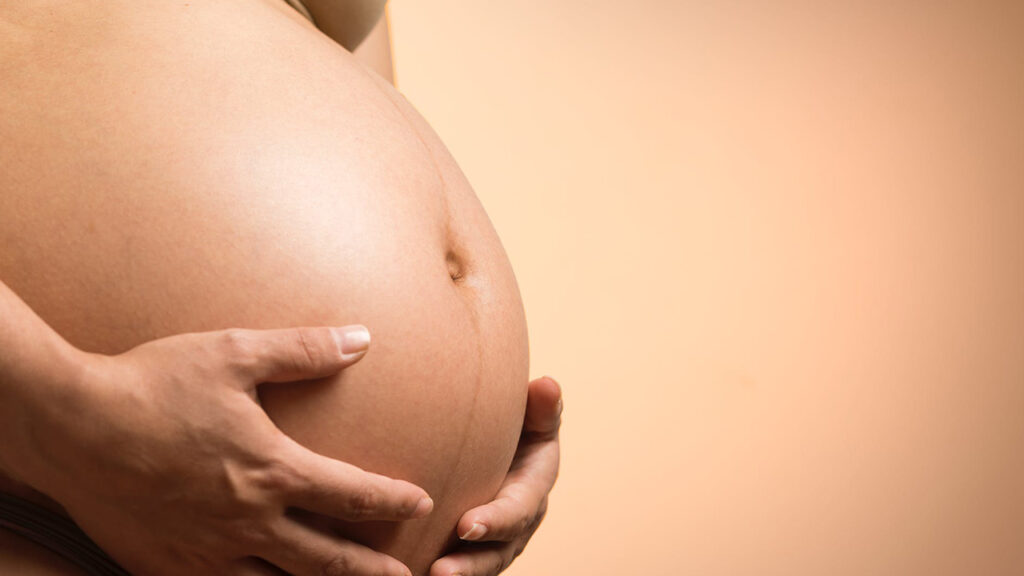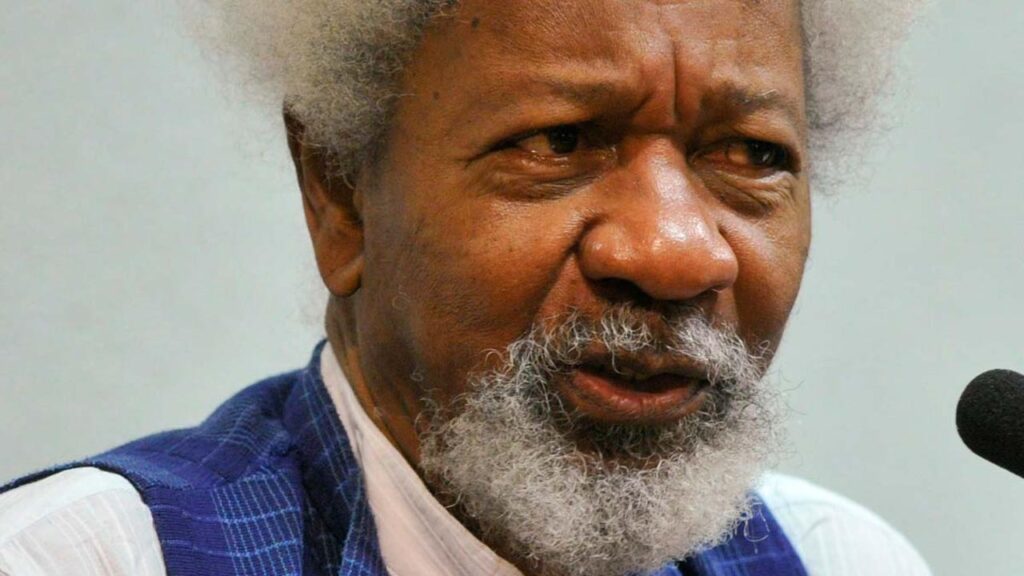
Available statistics show that over 1,000 abortions occur in Nigeria yearly with 33 in every 1,000 women of child bearing age.
Illegal abortions are responsible for about 11 per cent of maternal deaths in Nigeria and 50 per cent of such deaths involve adolescents and young women.
But with right policies in place, the incessant deaths could be avoided.
They explained that right policy reforms would encourage revising the legal framework to expand the grounds on which abortions could be performed legally to help reduce the incidence of unsafe procedures.
The experts stated these at the three-day training on safe abortion report organised by Media, Health and Rights Initiative of Nigeria (MHR) held at Ikeja, Lagos.
The training aimed at building a network of journalists, who cover and report issues related to reproductive health, women’s bodily autonomy and choice in a positive manner.
Participants were also expected to leave with practical skills for accurate and culturally appropriate reporting on reproductive health issues as well as a strong network of like-minded journalists motivated to contribute to expanded access in Nigeria.
An Ibadan-based legal practitioner, Abbey Crains, said attempt was made about this by the promulgation of Violence Against Persons Prohibition (VAPP) Law in 2015. The VAPP Act was signed into law in May 2015.
The act seeks to end violence, particularly sexual violence, and protect the rights of survivors to receive comprehensive medical services.
She said these guidelines are to be developed at all levels of the health system to ensure that women could access modern methods of contraception as well as comprehensive abortion care to the full extent of the law.
Crains explained also that Imo State introduced a law in 2012, which had been termed by its opponents as an anti-life legislation encouraging abortion.
She noted that section 40 of the Violence Against Persons Law of Imo State provided for abortions in cases of incest and rape. She said: “It was public outcry from the traditional and religious leaders led to the repeal of the law in 2013.”
Crains noted abortion is the deliberate termination of a pregnancy by removal or expulsion of an embryo or fetus. It is a discontinuation of a pregnancy before attainment of viability.
In other words, the termination of pregnancy before the fetus is capable of independent existence, most often performed during the first 28 weeks of pregnancy.
An abortion may occur without intervention (which is known as miscarriage or spontaneous abortions or intentionally, which is induced abortion.
Though it may be difficult to confirm these reports because of the absence of official figures owing to the clandestine nature of abortion in Nigeria, there is no doubt that abortions are generally procured by women for various reasons, namely: financial and emotional inability to care for a baby; fear of rejection by partners, parents, peer groups, religious and community leaders and society if the pregnancy is discovered; as means of birth control; physical and mental reasons; if they are too young or too sick to have a baby; desire to get rid of unwanted pregnancies arising from several reasons including rape or failure of contraception, among others.
Unfortunately, the state of the law on abortion in Nigeria has failed to recognise these realities thereby unwittingly encouraging illegal abortions with the attendant consequences.
By virtue of the provisions of sections 232-236 of Penal Code and Section 228-230, 297, 309, 328 of criminal code, abortion is illegal and carries a heavy penalty (up to 14 years imprisonment) unless it is performed to save the life of the pregnant woman.
She said section 228 says: “Any person who, with intent to procure miscarriage of a woman whether she is or is not with child, unlawfully administers to her or causes her to take any poison or other noxious thing, or uses any force of any kind, or uses any other means whatsoever, is guilty of a felony and is liable to imprisonment for fourteen years.”
Crains said under this provision, it is an offense punishable with 14 years imprisonment for any person including medical practitioners and health workers to attempt to terminate any pregnancy by any means whatsoever, even where the woman is not certified pregnant.
The Project Manager for the Campaign to End Unsafe Abortion, Rumunse Obi, said there are misconceptions and myths about abortion and that the pills cause emotional distress or depression.
“But anti-abortion propaganda makes this claim about all abortions, but the opposite is true. Women with unwanted pregnancies frequently say they feel a huge sense of relief after an abortion is over because they have regained control over their lives. Where women do get upset afterwards, it is often because of problems in the relationship that led to the need for an abortion or the consequences of the illegality of an abortion. Abortions are not always easy to go through because life is not always easy. Women do what is necessary and they cope.”
Consultant Obstetric and Gynecology at the Lagos State University Teaching Hospital (LASUTH), Ikeja, Lagos, Dr. Modupe Adedeji, said the World Health Organisation (WHO) and United Nations guideline on abortion advocate for the liberalisation and safe provision of abort service, emphasising human rights and public health.
In contrast, Nigeria’s restrictive legal framework, under the penal code and criminal act limits access to safe abortion contributing to the presence of unsafe abortion procedures.
The national guidelines seek to bridge this gap by providing clear conditions for legal abortions and educating healthcare providers, but significant challenges remain in ensuring widespread access to safe services, legal reforms and public health interventions are crucial to improving reproductive health outcomes in Nigeria.
She said, according to WHO, about 73 million abortions take place worldwide, every year. About 29 per cent of all pregnancies end in an induced abortion.
The WHO also estimates that 45 per cent all abortions are unsafe, about 97 per cent of unsafe abortions take place in developing countries.
She said prevalence of unsafe abortion estimates suggest that unsafe abortions account for about 10 to 14 per cent of maternal deaths in Nigeria, while safe abortions seldom cause complications, doctors without borders note that unsafe abortions are a leading cause of death in pregnant people and it is almost entirely preventable.













